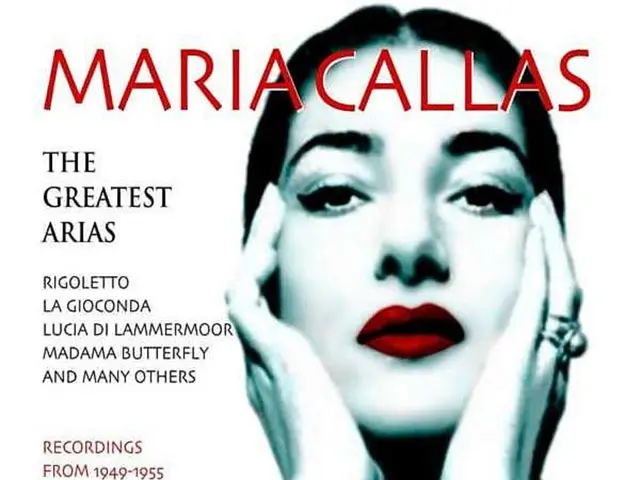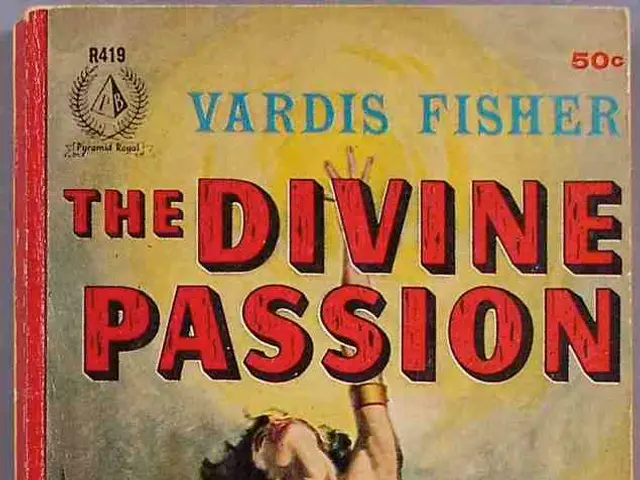Diaries penned by Emil Cioran exploring the triumphs in failings, titled Talamanca Success Accounts
In the pages of Emil Cioran's "Notebook of Talamanca," the Romanian philosopher offers a unique and thought-provoking perspective on the concept of Paradise and the longing for a return to such a state. This brief yet significant diary, penned in the latter half of 1966, serves as a poignant reflection on human existence, tinged with a deeply skeptical, paradoxical, and melancholic tone.
Composed in just a month after its inception at the end of July 1966, "Notebook of Talamanca" is not a vacation diary, but rather a profound exploration of the human condition. It is a diary, written by Cioran himself, that delves into the complexities of the human psyche, particularly in relation to the ideal of Paradise.
For Cioran, Paradise is not a straightforward ideal or a joyful spiritual goal. Instead, it is a symbol intertwined with notions of lost innocence, existential despair, and the futility of longing. He views Paradise as an original state of being that humanity has lost—an ideal world before the fall, filled with absolute purity and harmony. However, this loss is also a source of profound suffering because the return is impossible.
This longing for Paradise embodies the human condition's tragic dimension. Cioran frequently reflects on the paradox that to regain Paradise, one would have to abandon self-consciousness and desire—precisely what defines human experience. Thus, the "return" is at odds with existence itself. Attempts to return to Paradise are either delusions or an acknowledgment of a metaphysical impossibility.
The idea of Paradise generates a tension in Cioran’s thought: it is a beautiful, seductive myth that offers hope, yet it also highlights human limitations and the pain of exile from an ideal state. This dream can drive one to melancholy, resignation, or even nihilistic insight.
In essence, "Notebook of Talamanca" portrays Paradise not as a reachable haven but as a profound, haunting emblem of human existential anguish—an unattainable ideal that reveals both the depth of human desire and the impossibility of its fulfillment. Cioran's philosophy, marked by a pessimistic view of existence, underscores the harsh reality that existence lacks ultimate meaning or fulfillment. The search for Paradise can be seen as a manifestation of humanity’s self-delusion.
Read also:
- Today's most impactful photographic moments
- Support for Eric Adams in The Post's Letters to the Editor on August 13, 2025
- Roosting Shark and Rambunctious Red Squirrels: Unconventional House Rental in Yorkshire Involving Aquatic Marvel, Squirrely Mayhem, and Mystical Planning Regulations
- Legal Dispute Dismissed with Humor: Supreme Court Laughs off Another Civil Matter Mislabeled as Criminal Prosecution








